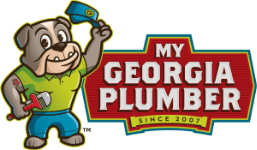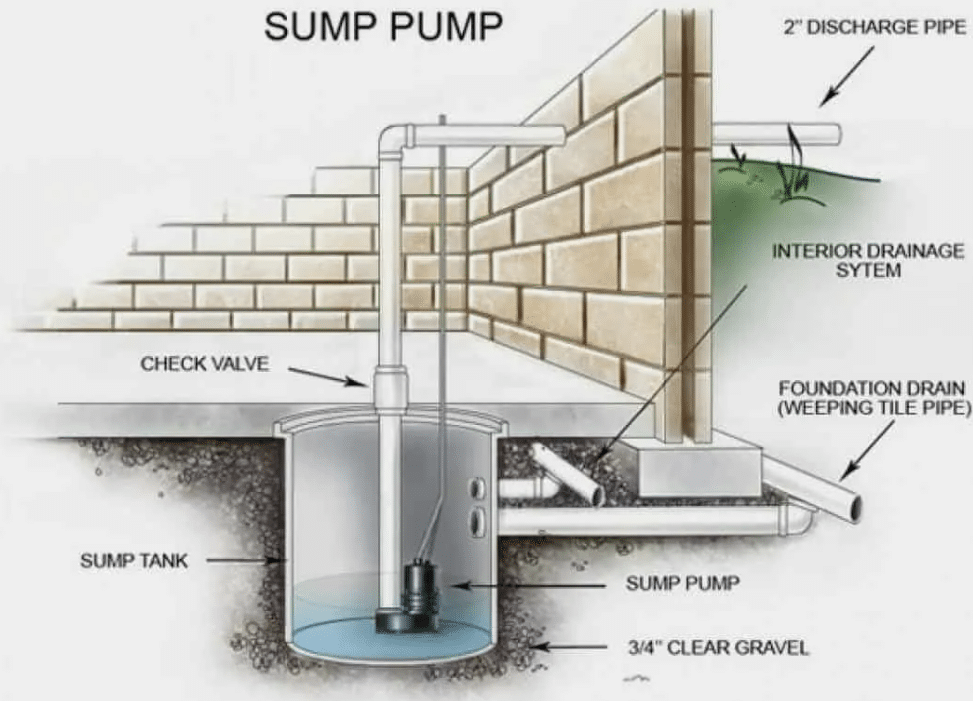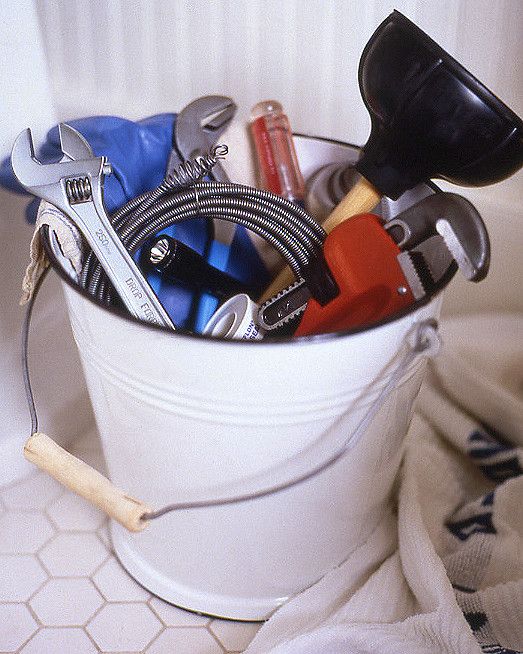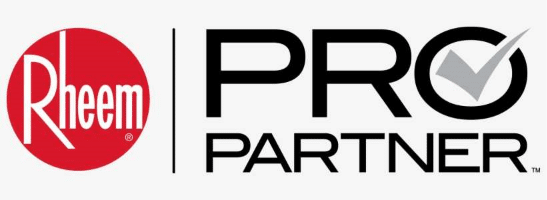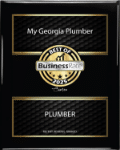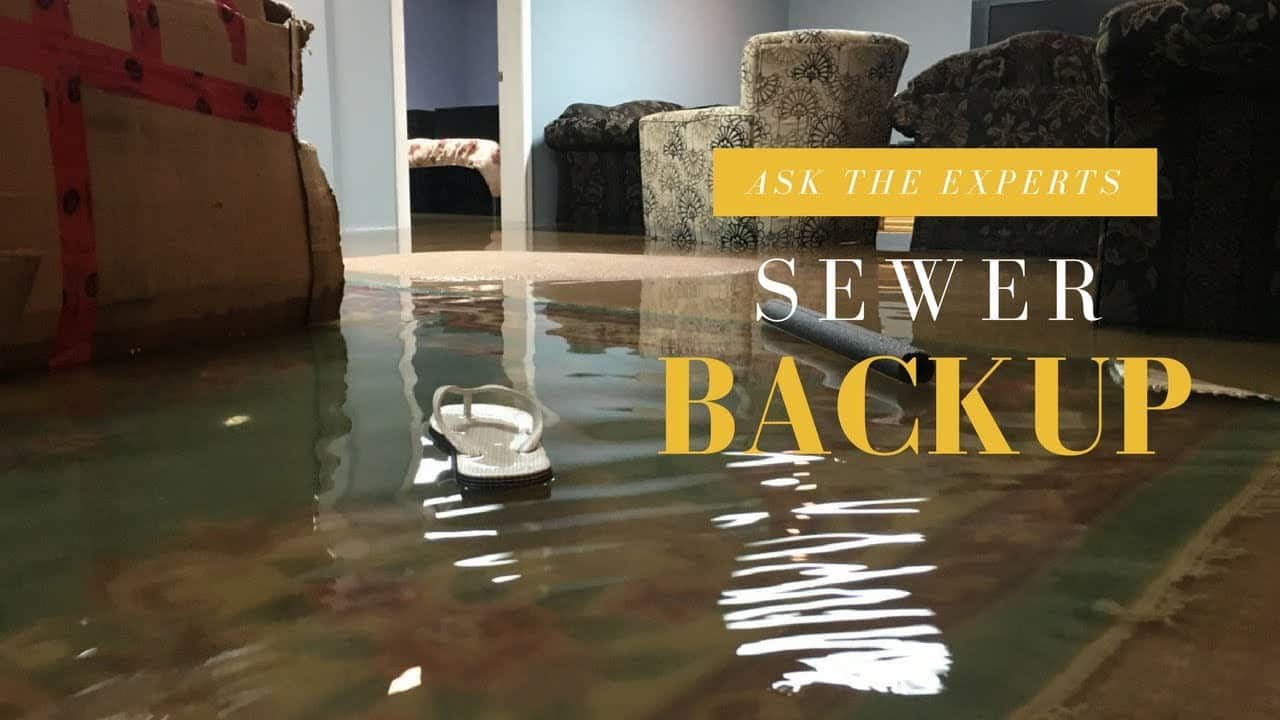
Sewer backups are one of the most unpleasant plumbing emergencies homeowners can face. When wastewater reverses direction and flows back into your home, it can cause significant damage, pose health risks, and lead to costly repairs. Understanding the causes of sewer backups, recognizing the early warning signs, and knowing when to call in a professional can help you protect your home. Here’s everything you need to know about sewer backup solutions.
What Is a Sewer Backup?
A sewer backup occurs when wastewater from your home’s plumbing system is unable to flow freely into the municipal sewer line or septic system. This blockage causes the wastewater to back up and re-enter the home through drains, toilets, or other plumbing fixtures. The results can range from minor inconveniences to major plumbing disasters, depending on the severity of the blockage.
Common Causes of Sewer Backups
Several factors can contribute to a sewer backup, and understanding these can help prevent them from occurring. Here are the most common causes:
- Tree Root Intrusion: Tree roots can infiltrate your sewer lines in search of moisture. As they grow inside the pipes, they can cause blockages, cracks, and even pipe collapse.
- Aging or Damaged Pipes: Older pipes are more prone to corrosion, cracks, or collapses. Pipes made from outdated materials such as clay or cast iron are particularly vulnerable.
- Improper Disposal of Waste: Flushing non-flushable items like wipes, paper towels, feminine hygiene products, and even “flushable” wipes can cause severe blockages. Similarly, pouring grease, fats, or oils down the drain can lead to hardened deposits inside pipes.
- Heavy Rain or Flooding: Excessive rain can overwhelm the municipal sewer system, leading to sewer backups in residential properties. If your home is located in a low-lying area, you may be at a higher risk during heavy storms.
How to Detect the Early Signs of a Sewer Backup
Spotting a sewer backup early can help you address the issue before it escalates. Here are some early warning signs that indicate your sewer line may be blocked:
- Slow-Draining Fixtures: If you notice multiple drains in your home are slow to empty, it could indicate a blockage in the main sewer line.
- Unusual Sounds from Drains: Gurgling or bubbling noises coming from toilets, sinks, or tubs when other fixtures are used suggest trapped air in the plumbing system caused by a blockage.
- Water Backup in Other Fixtures: If flushing a toilet causes water to rise in a shower or bathtub, it’s a sign that wastewater is not flowing properly through the sewer system.
Is a Sewer Backup an Emergency?
Yes, a sewer backup should be considered an emergency due to the potential for extensive property damage and health risks from exposure to contaminated water. If wastewater is backing up into your home, call a professional plumber immediately. The longer the issue goes unaddressed, the more severe the damage can become.
Professional Sewer Backup Solutions
If you experience a sewer backup, it’s essential to contact a professional plumber who specializes in sewer line repairs. My Georgia Plumber offers expert sewer backup solutions to quickly and effectively resolve the issue. Here’s how we can help:
- Emergency Plumbing Services: We provide rapid response to minimize damage and restore your plumbing system. Our team is equipped to handle emergencies 24/7.
- Camera Inspections: Using state-of-the-art camera technology, we can identify the location and cause of the blockage without invasive digging.
- Drain Cleaning and Hydro Jetting: Our advanced hydro jetting services can remove stubborn blockages and debris from the sewer line, restoring full functionality.
- Pipe Repair and Replacement: For older or damaged pipes, we offer pipe repair and replacement options, including trenchless methods that minimize disruption to your property.
How to Prevent Sewer Backups
Preventing sewer backups is easier than dealing with the aftermath. Here are some practical steps you can take to protect your home:
- Avoid Flushing Non-Flushable Items: Stick to flushing only toilet paper and human waste. Avoid flushing wipes, paper towels, diapers, or hygiene products.
- Dispose of Grease Properly: Pour used cooking grease into a container and throw it away, rather than pouring it down the drain.
- Schedule Regular Inspections: Annual plumbing inspections can help detect potential issues in your sewer line before they become major problems.
- Install a Backwater Valve: Consider installing a backwater valve to prevent sewage from re-entering your home during heavy rain or sewer system overloads.
When to Call My Georgia Plumber
If you’re experiencing the signs of a sewer backup or want to take preventative measures, My Georgia Plumber is here to help. Our experienced team can provide comprehensive sewer line inspections, repairs, and maintenance to ensure your plumbing system operates smoothly. Don’t wait for a small problem to turn into a major disaster—call 770-592-0081 for expert assistance today.
